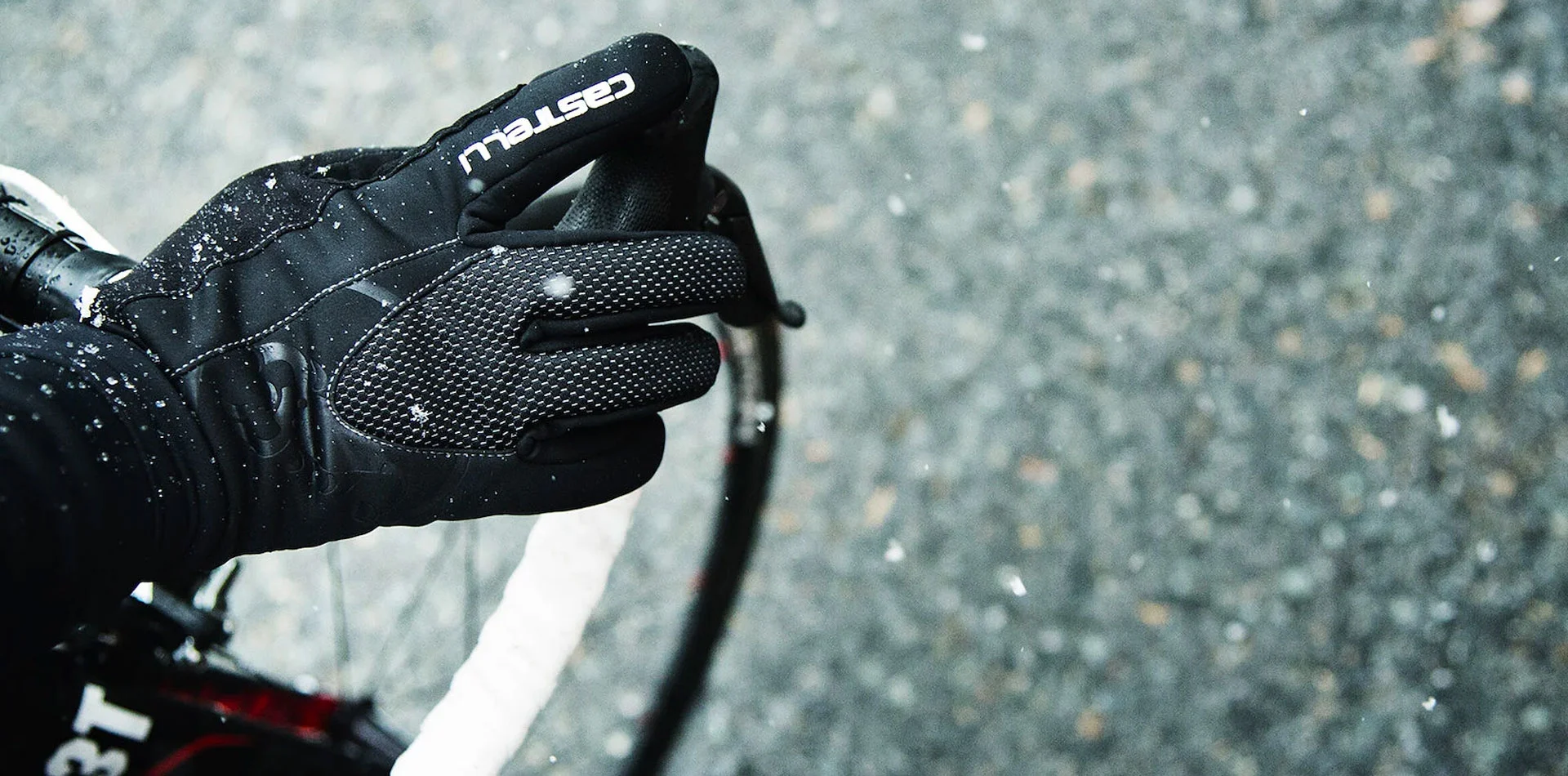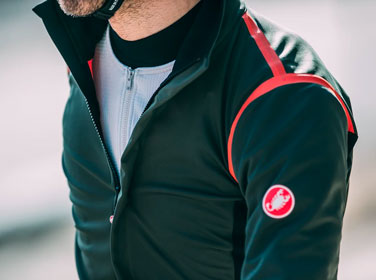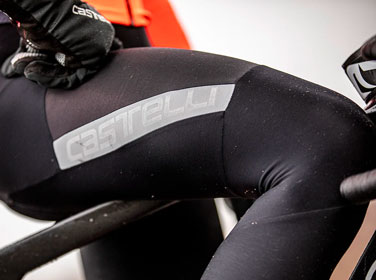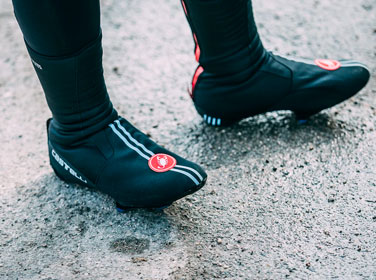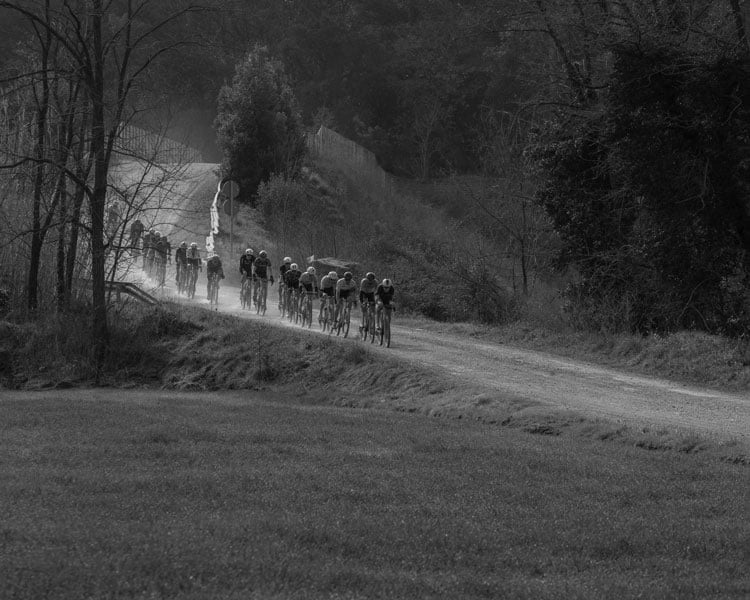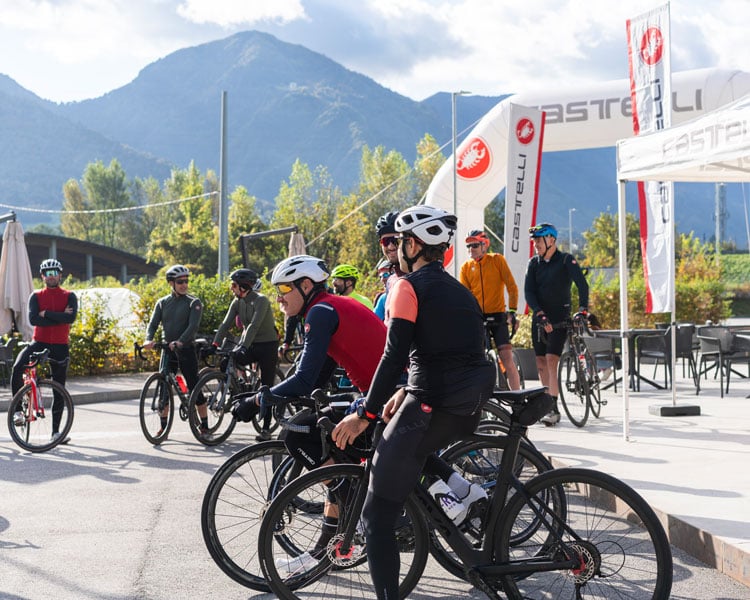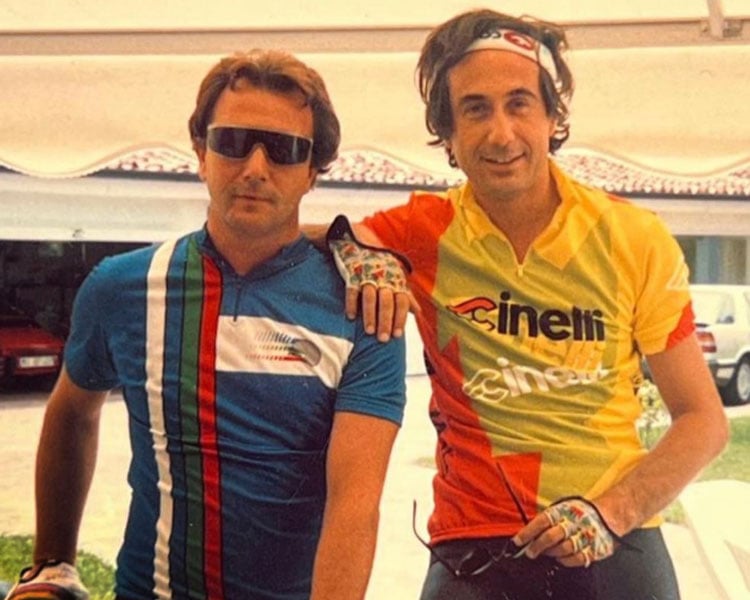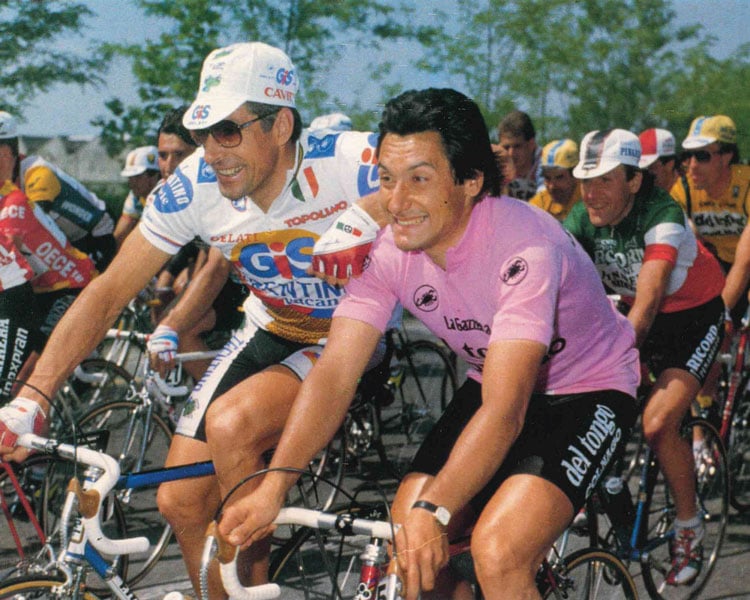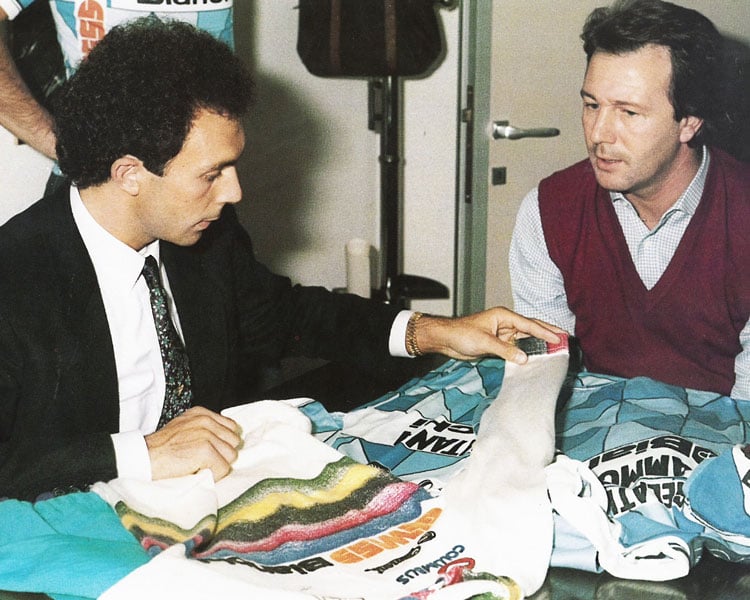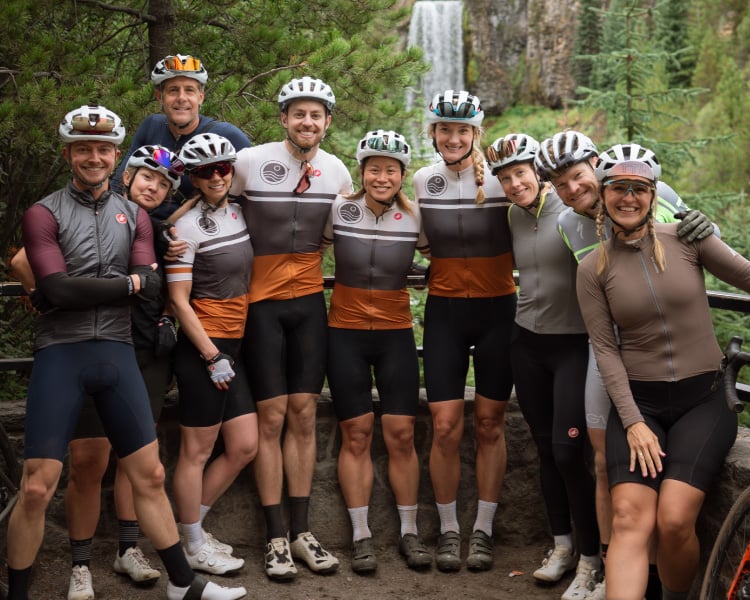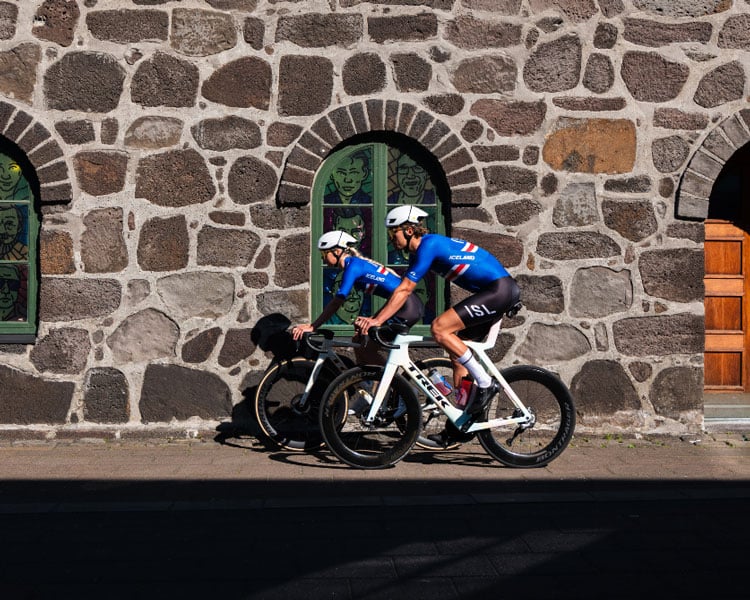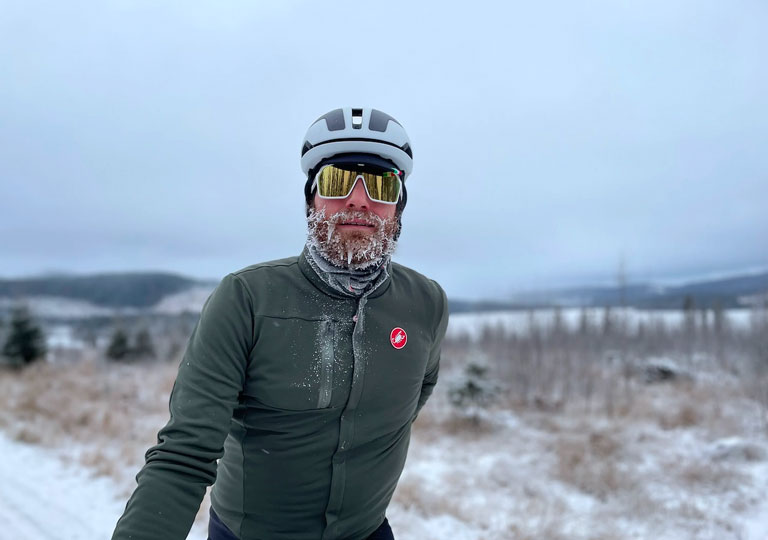
WINTER IN NORWEGIAN WOODS
NORWEGIANS ONLY SKI IN WINTER - RIGHT?
There’s a Norwegian proverb; Norwegian children are born with skis, I didn’t get that memo.
Norwegian winter cycling isn’t about trails. We’re blessed with large forests, with extensive gravel roads, some for forestry, some for access to vacation homes deep in the wild. These roads get a beautiful snow covering but are then cleared down to a thin and hard snow and ice crust. So, picture frozen forest roads, with a mix of hard to sugary crystalline covering. And sometimes even a fresh pillowy sprinkling of fresh powder snow on top.
Norwegian winter cycling isn’t about trails. We’re blessed with large forests, with extensive gravel roads, some for forestry, some for access to vacation homes deep in the wild. These roads get a beautiful snow covering but are then cleared down to a thin and hard snow and ice crust. So, picture frozen forest roads, with a mix of hard to sugary crystalline covering. And sometimes even a fresh pillowy sprinkling of fresh powder snow on top.
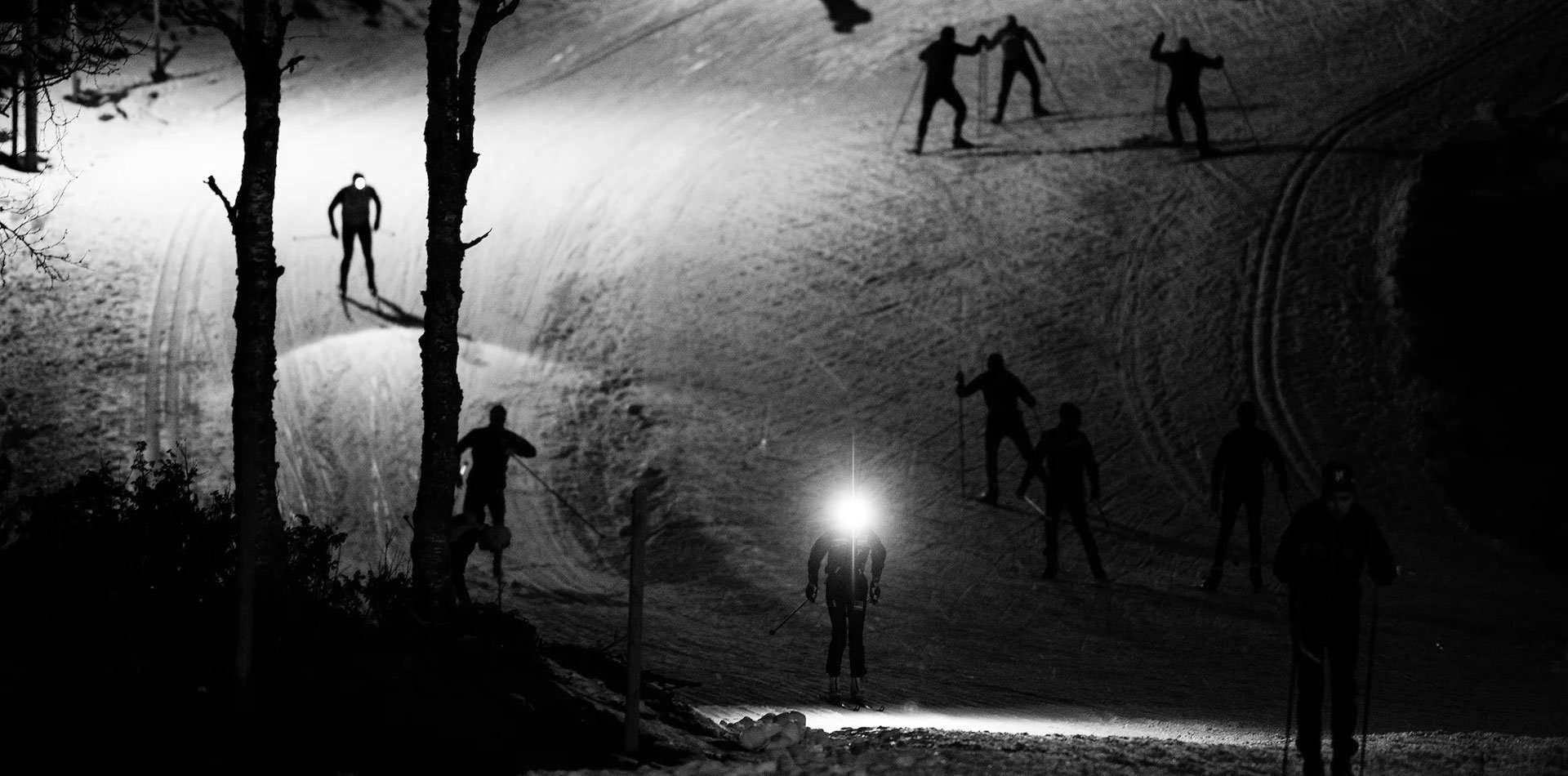
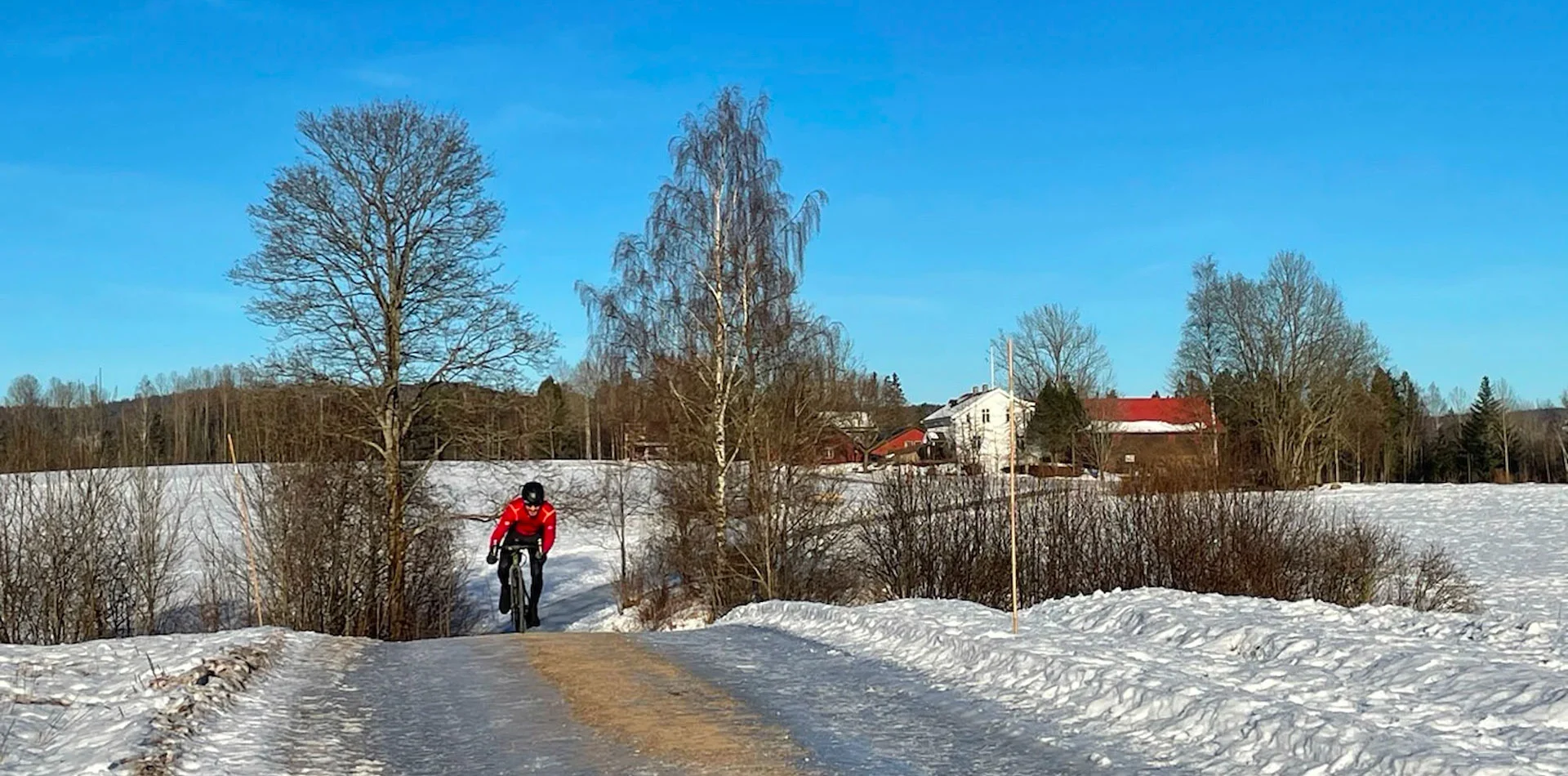
A RIDER'S PARADISE
It’s a rider's paradise, and for most Norwegians such roads are but a dart away from their homes. For us riding close to the capital of Oslo, there’s the magnificent Nordmarka. A large forested area, with a central part of about 300 square kilometers of woods, but with adjacent areas making up a total of nearly 600 square kilometers. During summer this area is crisscrossed with over 500 kilometers of forest gravel roads, but during winter, only about 200 kilometers are cleared of snow. Some daily, most as needed. Mind you, the same woods have over 1000 km of ski tracks, so it’s an outdoor paradise!
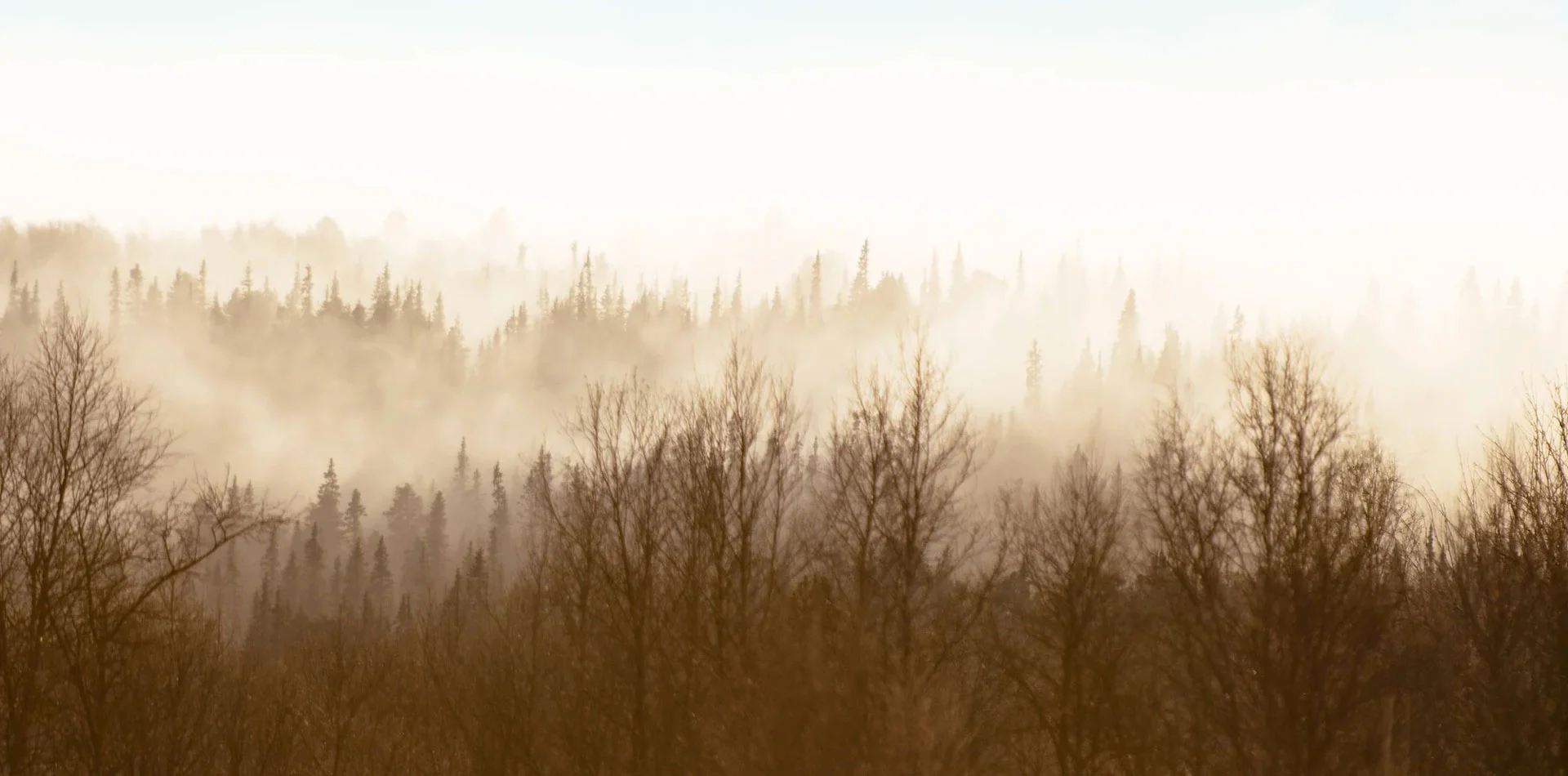
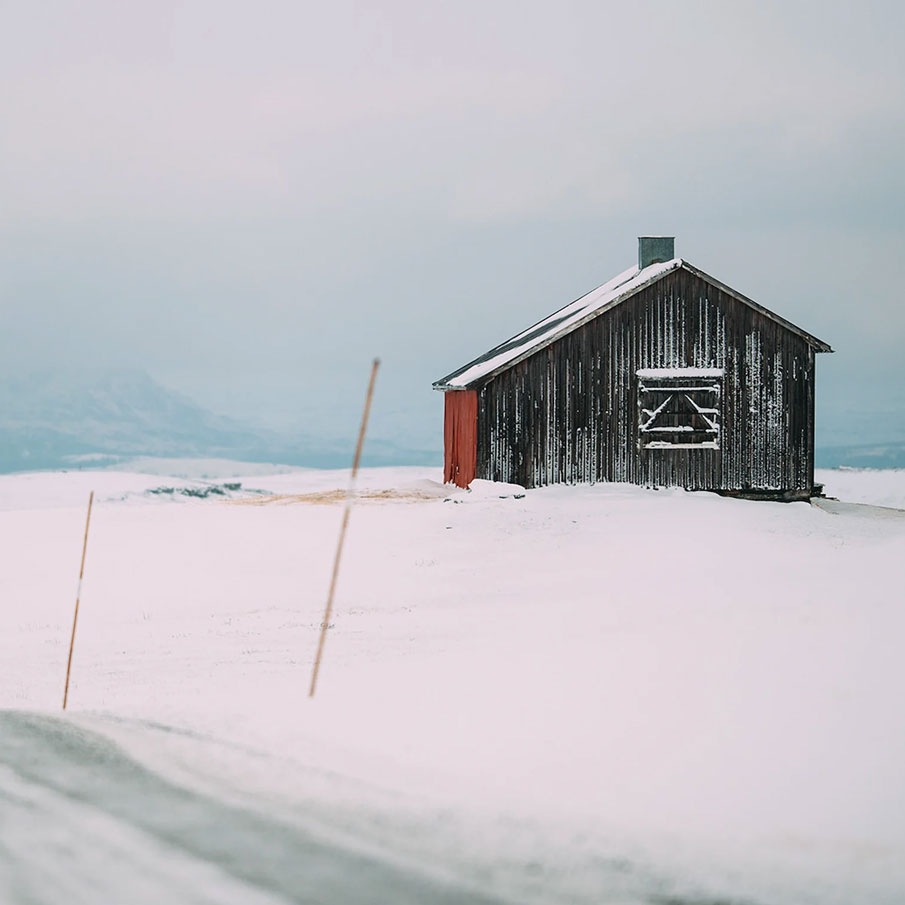
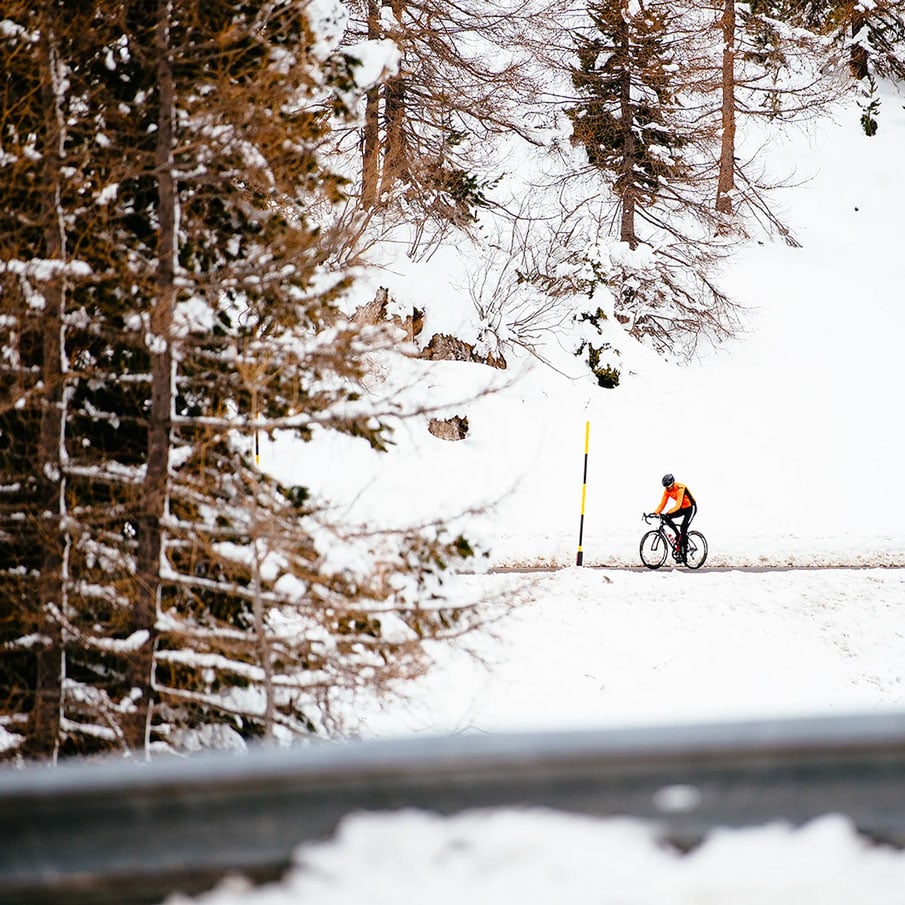
FATBIKE, GRAVEL BIKE, MTB, ROAD BIKE, OR?
This isn’t fatbikes on slow tracks, it’s gravel and cyclocross bikes on fast hard courses. It’s riding with the terrain and conditions, from just around freezing, down to twenty degrees below zero. Where others see a cold winter day, perfect for skiing, I see another beautiful day on the bike.
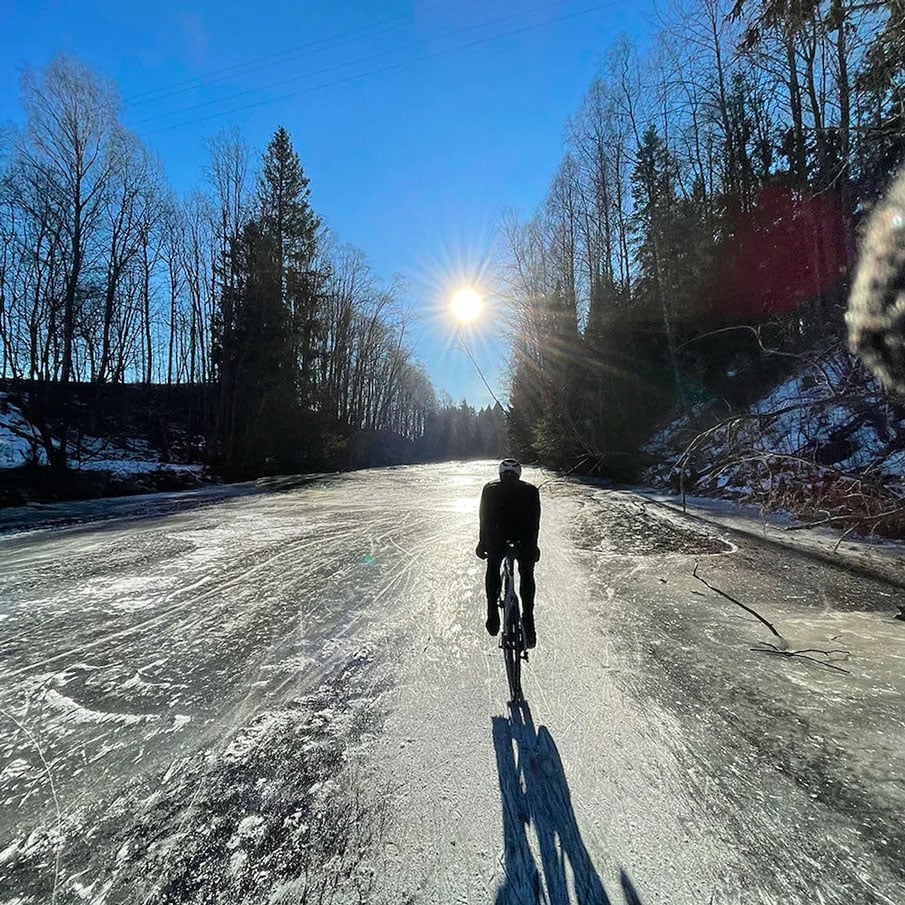
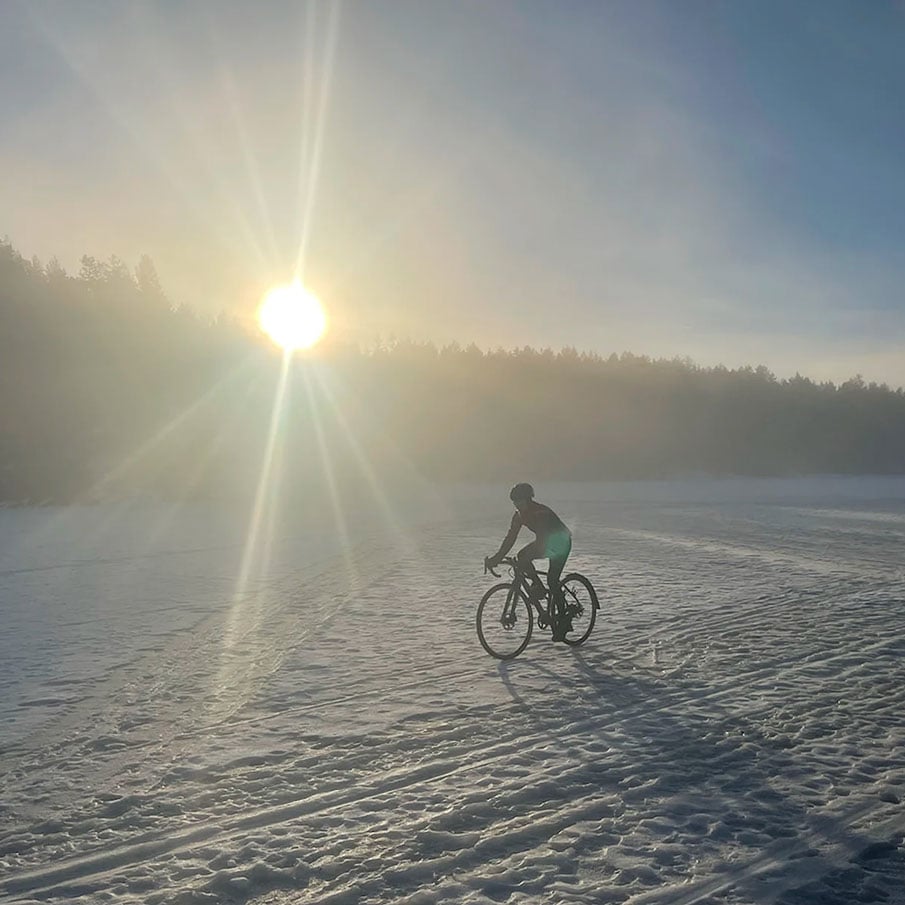
For me, winter riding in the woods is the perfect feeling of balance. I have to go fast to stay upright, but still stay in control with the loose conditions. I have to ride hard to stay warm, but still slow not to sweat. And I want to ride long, for the fun, but still get home before it’s too dark to see the road. The balance stands between safety and adventure, it’s never hard to imagine the consequences of a choice on these rides. Some days you ride in the knowledge that it’s almost too cold to make repairs, you have to be able to trust your kit, and in yourself to complete the ride with no issues to make it back safe.
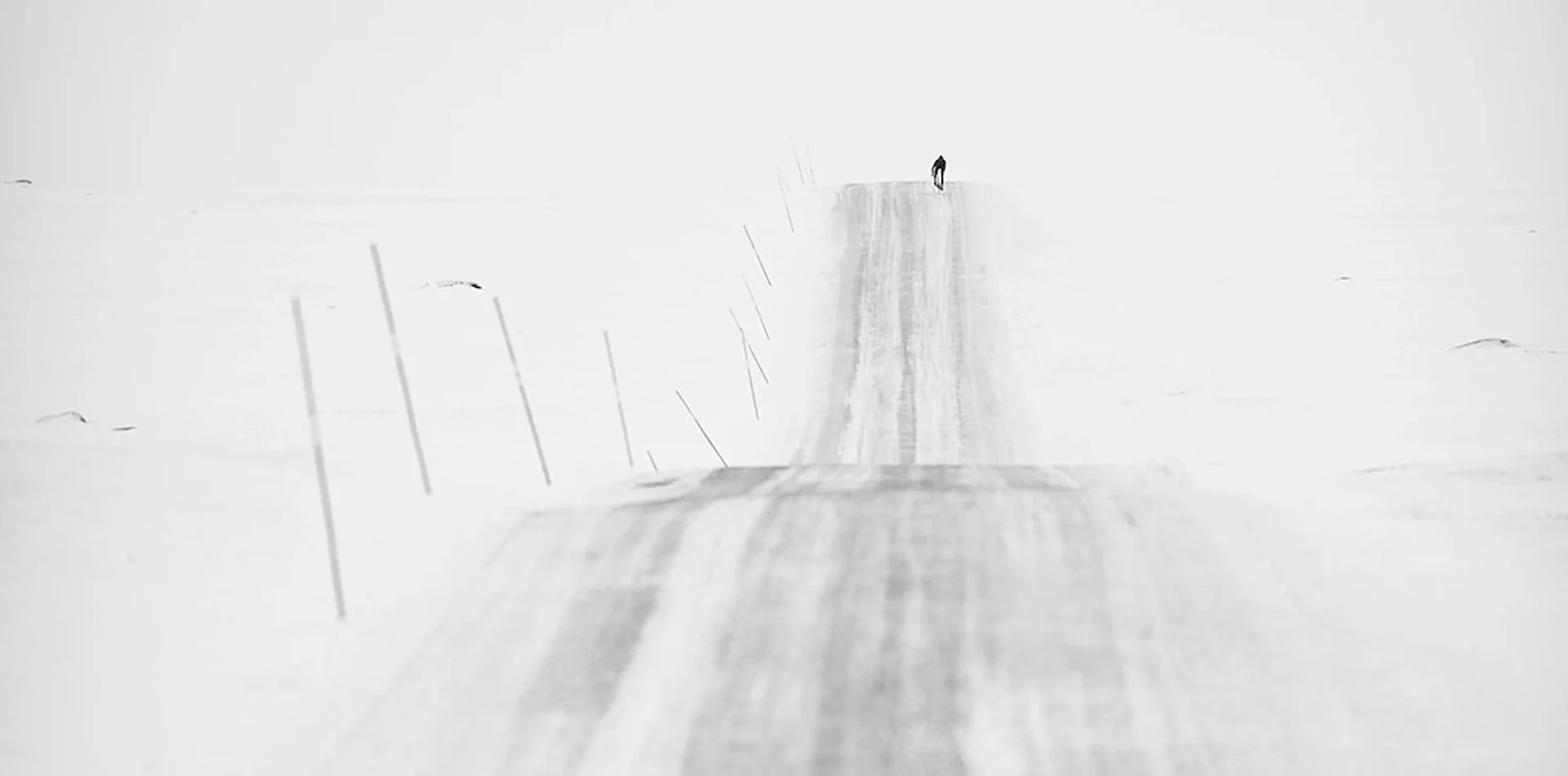
SO HOW DO YOU PREPARE FOR SUCH CONDITIONS, WHAT DO YOU BRING?
First of all, you of course need a bike, and you have to prepare it for the conditions. Winter tires, often with nasty long studs keep you rolling. Then you need to make sure the bike works in the cold, change lubrication to winter specific viscosities, clean out and re-apply all grease in the gearing linkages that might have become contaminated with moisture through summer. Anything with water freezes, so you either have to insulate or exchange water for clean dry lubrication. Disc brakes might start to act weird in the cold, so a good bleed of the system before winter is always wise. I carry a normal spares and repair kit in winter as well, but also throw in some chemical heat packs and an emergency thermal blanket in the tool roll under my seat.
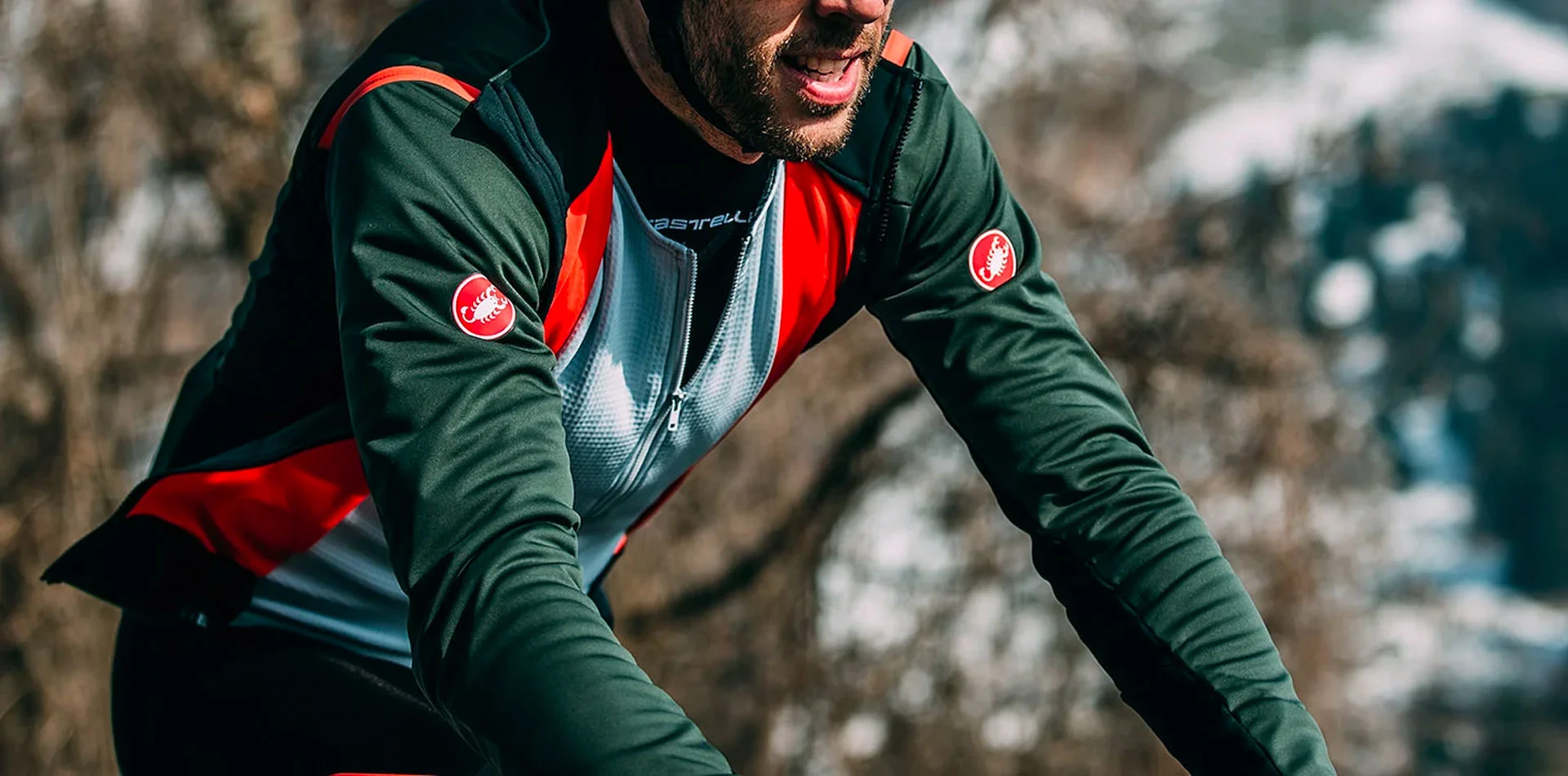
THEN IT’S TIME TO DRESS UP
Which is of course why I’m writing this here. Layering is key, and insulating air is your friend. Next to skin I use the Miracolo Wool base layer. This fine mesh merino long sleeve jersey traps a layer of air next to the body and helps transport moisture off the skin fast. Next, I apply a Flanders Warm base layer, this is my main insulating layer, and also a great transfer layer for perspiration.
THEN COMES THE LOWER BODY (YUP, DONALD DUCKING IT SO FAR…)
Bibtights work well by themselves, but I have some tricks to extend their comfort zone. I never wear anything between the chamois and the skin, but I add Thermoflex Knee Warmers and Bandito Wool 18 Socks that I stretch all the way up to the lower hem of the knee warmers. Over this I pull on Sorpasso RoS Wind Bibtight. The split base layer on the legs retains flexibility and motion underneath the bibtight. So that's the base and legs covered, let’s find some jackets.
A good winter jacket needs to protect you against the elements, but still be well ventilated. It needs to keep the essential heat in but let the moisture flow. In addition, it needs to fit your base layers, and maybe an extra insulating layer, like a Pro Thermal Mid Vest. With the Alpha RoS 2 Jacket you even get an extra layer of insulation sown in with the integrated vest.
As for gloves, a pair of Estremo Gloves has proven its value to survive the extreme cold. You can even increase the amount of insulation by adding a thin (silk) liner glove when needed.
A good winter jacket needs to protect you against the elements, but still be well ventilated. It needs to keep the essential heat in but let the moisture flow. In addition, it needs to fit your base layers, and maybe an extra insulating layer, like a Pro Thermal Mid Vest. With the Alpha RoS 2 Jacket you even get an extra layer of insulation sown in with the integrated vest.
As for gloves, a pair of Estremo Gloves has proven its value to survive the extreme cold. You can even increase the amount of insulation by adding a thin (silk) liner glove when needed.
